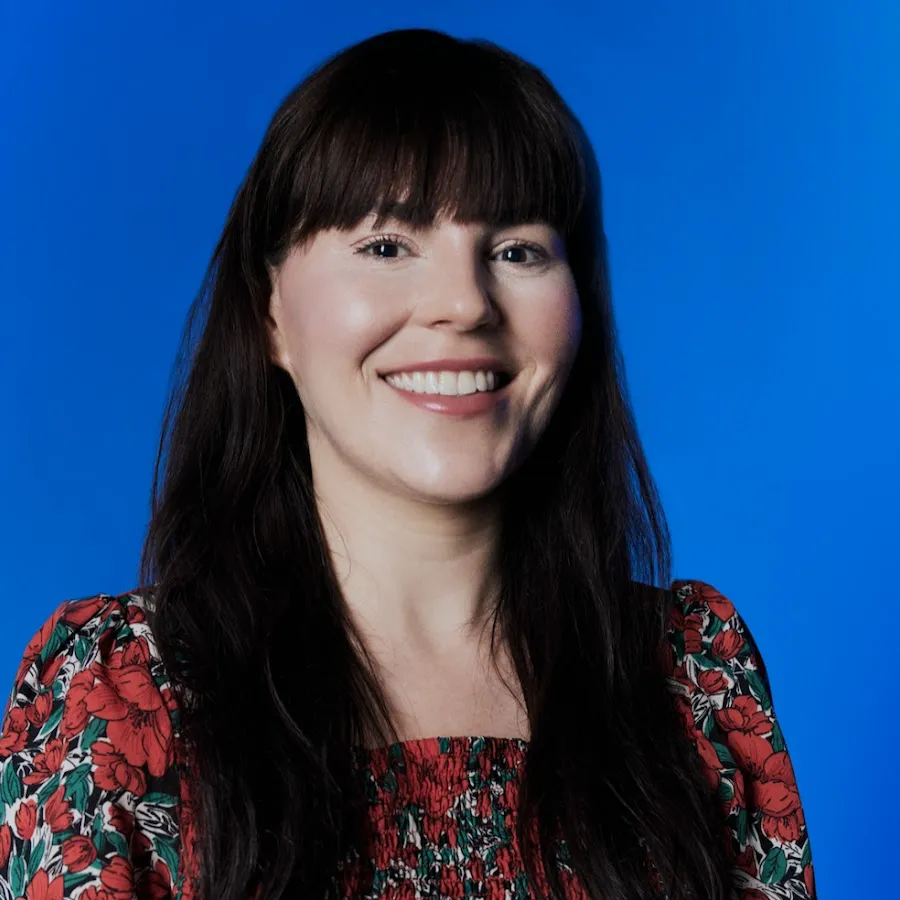The Illusion of Effortless Beauty: What We’re Really Buying
In today’s video, we’re diving into the strange, emotional world of the parasocial economy — where brands don’t just want your money, they want your trust, your loyalty, and your heart. From the polished homemakers of 1950s advertising to the crying influencers of TikTok, this video explores how marketing evolved into something deeply personal. Beauty brands and creators no longer sell just products — they sell intimacy, connection, and the illusion of friendship. But this isn’t new. In the 1950s, companies like Avon, Betty Crocker, and General Mills crafted ads specifically designed to speak to a woman's inner world — her loneliness, her emotional labor, her desire to be seen. Fast forward to today, and the same tactics are being used on social media, only now they're wrapped in serotonin-pink packaging and filtered through the language of self-care and trauma healing. What was once door-to-door sales has turned into DMs, GRWMs, and #sponsored confessions. So why does modern friendship feel so fake? And what does it say about our culture that emotional connection has become a branding strategy? If you’ve ever caught yourself crying with a YouTuber you’ve never met, or felt like a skincare brand really “gets you,” you might be closer to the center of this economy than you think. Let me know in the comments: Have you ever felt emotionally close to a creator or brand? If you enjoy thoughtful video essays on beauty, nostalgia, and pop culture — subscribe for new videos every week. Join this channel to get access to perks: https://www.youtube.com/channel/UCM4hiMCyAEMxibzIYrOKD5Q/join #ParasocialRelationships #InfluencerCulture #BeautyMarketing #SadGirlEconomy #1950sAdvertising #EmotionalBranding #LonelinessEconomy #VideoEssay #SocialMediaCulture #PopCultureAnalysis #DigitalIntimacy #TikTokCulture #YouTubeEssayist #FeminineMarketing #LauraJaneAtelier


